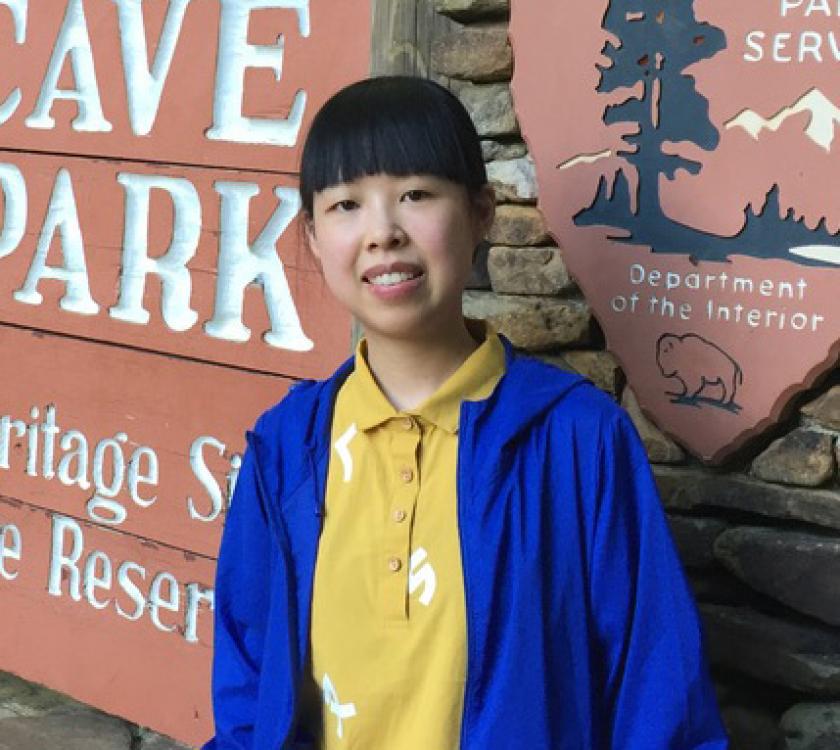Dissertation Defense: Lo Lee

Doctoral candidate Lo Lee will defend her dissertation, "Understanding Information Activities of Hobbyists in the Making of Arts and Crafts Across Space." Her committee includes Assistant Professor Melissa G. Ocepek (chair), Associate Professor Kyungwon Koh, Professor Michael Twidale, and Assistant Professor Rachel M. Magee.
Abstract: Making, namely creating or tinkering with something by hand, is an information rich process in which a wide variety of information phenomena take place. In information science, researchers have paid close attention to making regarding its potential to foster learning and knowledge production, opening a lively conversation on library makerspace and maker programming. However, most work on making is carried out in the setting designed for this practice and focuses on youth and students, resulting in our lack of knowledge of making as a leisure pursuit. To bridge this intellectual gap and acquire a holistic understanding of making, I conducted an exploratory study underpinned by the Theory of Everyday Life Practice to investigate the making process of adult arts and crafts hobbyists. Methodologically grounded on the concepts of probes and portfolios in art and design, I carried out a qualitative project comprising diary studies and semi-structured individual interviews. I seek to explore key information activities that arts and crafts hobbyists engaged in while working on their creative projects. I also aim to uncover how hobbyists appropriated and interacted with space in context, particularly everyday space.
The findings of this research present the varied character of making as an information-creating behavior. Apart from motivations and factors manifested throughout the process that impacted the making progress, I identify a series of information activities in which participants reified their creativity to a tangible product. By distinguishing these activities between conceptual and physical levels, I articulate the thoughtful aspect of making. From the lens of space and place, I illustrate participants’ incessant spatial appropriations, showing that space does not merely serve as a passive container but can be adapted and restructured by creators. Plus, I argue that making is not a discrete localized practice only occurring in one setting but can cut across space and media, both in and outside the home sphere. This research makes a theoretical contribution to information science by using a cultural theory and its view on human practice and space and place to expand the discourse on making and information creation. From the methodological aspect, I leverage the benefits of diary studies to embody their fun and flexible nature, highlighting their value to capture aesthetic data and enrich research participation experiences. Finally, this study makes a practical contribution by providing information professionals with design opportunities to inform service and system development to support creative endeavors in everyday life.